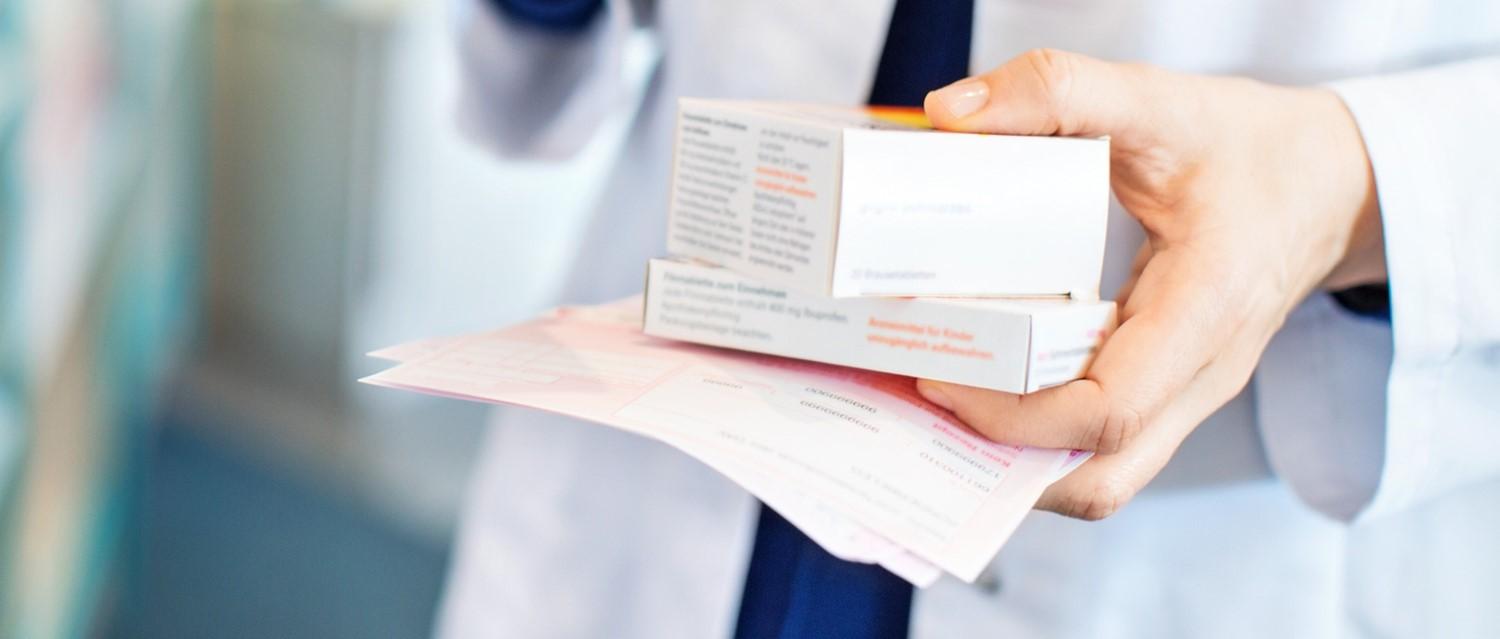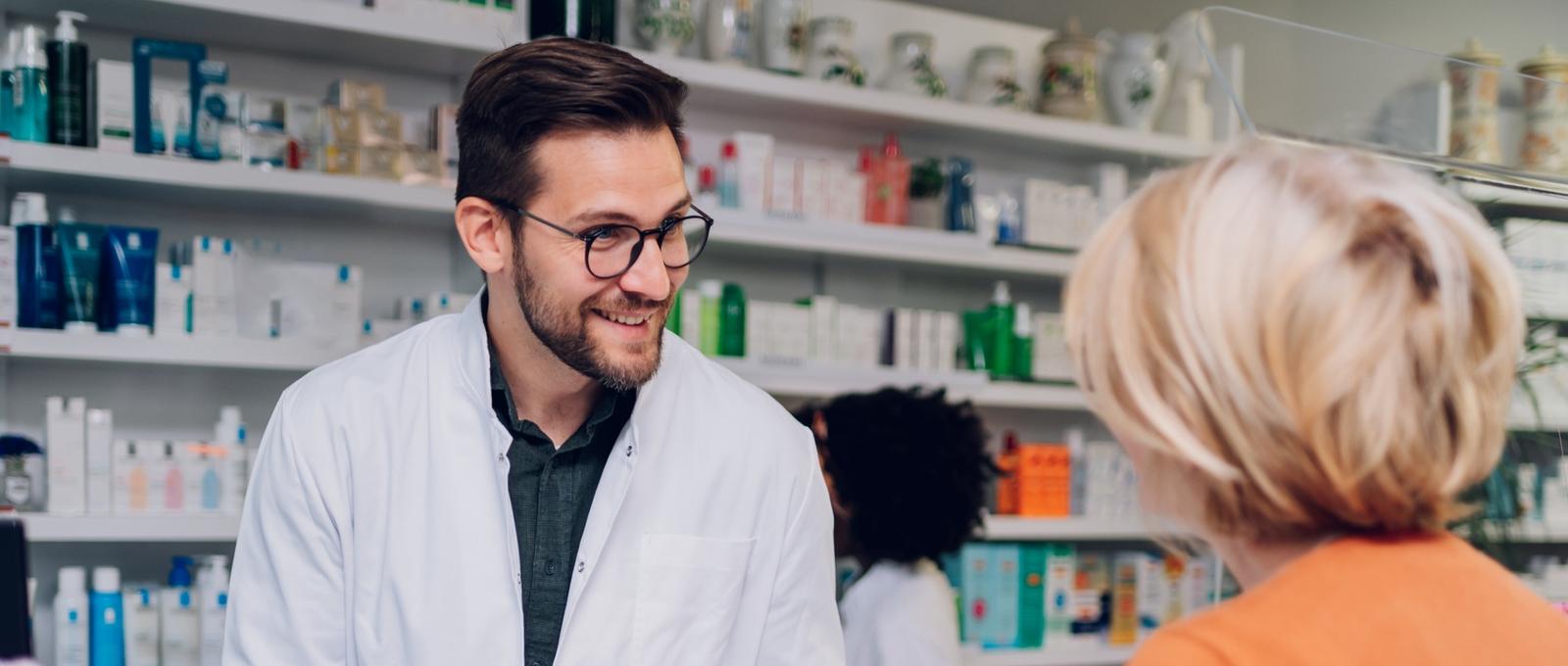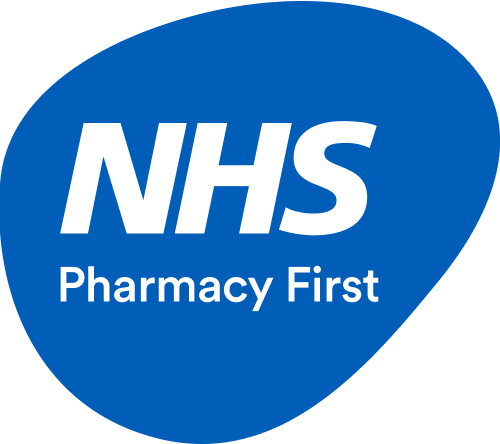
Can your pharmacist help you with your sexual health?
Peer reviewed by Dr Sarah Jarvis MBE, FRCGPLast updated by Sally TurnerLast updated 22 Mar 2021
Meets Patient’s editorial guidelines
- DownloadDownload
- Share
- Language
- Discussion
In recent years, pharmacies have increased their offering to provide a variety of different sexual and reproductive health services, including contraception, advice, testing and treatment for some sexually transmitted infections. We look at what's available from local and online pharmacies and when you should visit your GP or sexual health clinic instead.
In this article:
In recent years, changes to the funding and organisation of sexual health clinics have led to reduced service in some areas. And during the COVID-19 pandemic, some people have found it harder to get GP appointments when they need them. Fortunately, pharmacists are developing their sexual and reproductive health services to bridge the gap and offer more support.
In 2018, Public Health England provided new guidelines for pharmacists in its Pharmacy offer for sexual health, reproductive health and HIV. The document outlines the essential services you can expect from all pharmacies and the specialist support offered in certain regions and by some larger branches.
Continue reading below
Increasing local access to essential services
"You don't have to make an appointment and we're open all day so it's convenient to call in," says Anshu Kaura, a pharmacist at a LloydsPharmacy in Buckinghamshire. "It's about reducing inequalities and increasing access to tests and treatment."
Kaura works in a Lloydspharmacy on a Monday and says that before COVID-19 social distancing restrictions, she would have at least five or six young women coming in after the weekend, asking for emergency hormonal contraception - the 'morning after' pill.
"As part of that consultation, I would be asking what they are doing about regular contraception and signposting them to local services," she explains. "A lot of the young women I see are from ethnic minorities and are embarrassed to talk about these things with family GPs, or at sexual health clinics. So the local pharmacy is important for them as somewhere to get this essential service."
Around 90% of pharmacies across the UK have a private consulting room and you can ask to speak with the pharmacist in confidence. They can't carry out a genital examination, but they can advise on testing, contraception and treatment and medication.
"I'm really keen on collaborating with pharmacy," says Dr Paula Briggs, consultant in Sexual and Reproductive Health at Liverpool Women's NHS Foundation Trust. "We need to increase the number of places people can go to for help. It's fantastic that some pharmacies offer home-testing kits for some sexually transmitted infections (STIs) such as chlamydia. I think pharmacies will be picking up untapped patients who might not have gone to their GP or a sexual health clinic."
What can your pharmacist help you with?
Some of the sexual health issues your pharmacist can help with include:
Contraception and emergency contraception.
Testing for some STIs and dispensing of treatment.
Vaccine bookings (hepatitis B, HPV).
Thrush treatment.
Urinary tract infection (UTI) treatments.
Advice and products to help with sexual difficulties such as erectile dysfunction and menopausal vaginal atrophy.
There are three categories for medications which determine where you can get them:
Prescription-only medicine (POM) - these medicines can only be issued on prescription by a doctor or prescribing nurse, or through a Patient Group Direction (PGD) which allows pharmacists with additional training to provide them in certain circumstances.
Pharmacy-only (P) medications - these are available either on prescription from a doctor/clinic or to buy after a consultation with any pharmacist, but not on general sale in pharmacies without a pharmacist consultation.
General Sales List (GSL) medicines, also known as 'over-the-counter' medicines. These can be bought in pharmacies, at corner shops and even in garage shops without any healthcare consultation.
"There's a drive to move a lot of medicines from 'prescription only’ to ‘pharmacy only’, to enable more access," says Sandra Gidley, president of the Royal Pharmaceutical Society. "There are still particular criteria you'll have to fulfil to get them though and there are restrictions on selling certain medications. For example, we don't sell thrush treatments to under-16s."
The cost and range of sexual health services at pharmacies depends on local commissioning and the prioritisation of different services in the community. Chlamydia testing is free via pharmacies (as a home testing kit) if it's an NHS-funded PGD service which is available in some areas. If not, then it's a paid-for service. Chlamydia is one of the most common STIs, but doesn't always present with symptoms so it's worth checking for as it can affect fertility and cause long-term complications.
"Pre-conception health is also important and pharmacists can advise on vitamins and so on," says Kaura. "We also provide free emergency hormonal contraception (the 'morning-after pill') for women if it's a local NHS-commissioned PGD service, or if it's not then it can be paid for. Some pharmacies also provide free condom distribution via the C-card scheme for young people aged 13-24."
Continue reading below
The progestogen-only contraceptive pill may soon be available via pharmacy consultation
Pharmacists may soon be able to provide the progestogen-only pill (POP), or ‘mini-pill’, to women as ongoing hormonal contraception, without a doctor's prescription and without needing to use a PGD. It is likely that the Medicines and Healthcare products Regulatory Agency will agree to the move following the public consultation which closed on 5th March. It is the first time that ongoing hormonal contraception could be available from UK pharmacies with a standard pharmacist consultation instead of needing a prescription or a PGD.
"The progestogen-only pill has been widely available at pharmacies in some countries such as South Africa for 20 years," says Gidley, "so we're quite behind in the UK on doing that. There are fairly minimal routine checks you need to do, including blood pressure and body mass index (BMI). From the point of view of convenience, your local pharmacy may be more accessible to do the consultation than getting to a GP appointment."
Briggs adds: "I think the mini-pill being available by pharmacist consultation is fantastic. Very few women can't have the progestogen-only pill and a pharmacist is just as able to take a patient history as a doctor which is usually all that is required to prescribe it."
You will have to pay for the mini-pill if you get it on a PGD from your pharmacist or as a pharmacy-only medication if the change is approved - like all contraception, it's free if issued through the NHS. However, for some women, getting the mini-pill this way at a pharmacy may be more convenient.
What you need to know about online pharmacies
If you decide to access services for prescription-only or pharmacy-only medicines via an online pharmacy, you'll usually be asked to fill in a detailed health questionnaire. In most instances, that is then reviewed by a prescribing doctor associated with the pharmacy who makes a decision as to whether medication is appropriate or if you should be seen by your GP.
If medication is prescribed, it can be sent to you in the post or sometimes delivered to your local pharmacy for you to pick up.
"Make sure it's an online pharmacy with the official kitemark," cautions Gidley, "because there are some dodgy ones out there as well as the highly professional ones. If you're not asked questions, that should ring alarm bells because no medicines (and particularly prescription-only or pharmacy-only medicines) should just be sold routinely - this could be dangerous."
View the General Pharmaceutical Council's guidance for online pharmacies to ensure you are dealing with a registered pharmacy.
You will pay a charge online via credit or debit card that includes the consultation and prescription.
"It's not like seeing your local GP or going to an NHS sexual health clinic that's free to use," explains Kaura. "Pricing will vary so patients may want to look around to check charges across different pharmacies."
Briggs adds that STI testing is now widely available through local sexual health clinics' online services:
"You go online, order your kit and get tested for chlamydia, gonorrhoea, syphilis and HIV via a kit that is delivered to your house. That, for me, is the ultimate way of increasing the numbers of patients who'll be screened."
Continue reading below
When should you should see a doctor?
"We would always refer someone on to a doctor if they have pain in the genitals," says Kaura. "Any altered discharge, pain, burning or bleeding from the vagina or penis should be examined by a doctor."
Dr Sarah Jarvis, GP and Clinical Director of Patient.info, adds, "There are some situations where national guidelines recommend it's safe to treat for thrush or bacterial vaginosis (BV) without doing a pelvic examination and taking swabs. For BV, this includes women who have typical BV symptoms and:
Are at low risk of STI; and
Don't have symptoms of other conditions; and
Whose symptoms aren't related to a miscarriage or termination; and
Aren't pregnant.
For vaginal thrush, this includes women who:
Have typical symptoms of thrush and
Are at low risk of STI; and
Don't have symptoms of other conditions; and
Haven't had a recent gynaecological procedure; and
Haven't had previous thrush or, if they've had previous symptoms, haven't had them more than four times a year.
If you don't fit into these categories, it's important to be seen by a doctor and examined, as your symptoms could be something else such as vaginal atrophy, vulvodynia or an STI."
"It makes sense to use pharmacists' expertise which is drastically underused in community medicine," says Gidley. "You've got these highly trained Master's degree professionals who are completely underutilised. Pharmacists are used to talking about anything and everything so they won't be phased by the subject matter. Just ask if you can speak in the consultation room."
Patient picks for Pharmacy services

General health and lifestyle
Can a pharmacist prescribe antibiotics?
You may be unaware that some pharmacists can provide you with medicine for a range of health conditions. In this article, we break down which treatments they may be able to offer you.
by Victoria Raw

General health and lifestyle
Book a Pharmacy First online consultation
by Thomas Andrew Porteus, MBCS
Continue reading below
Article history
The information on this page is peer reviewed by qualified clinicians.
22 Mar 2021 | Latest version

Ask, share, connect.
Browse discussions, ask questions, and share experiences across hundreds of health topics.

Feeling unwell?
Assess your symptoms online for free
Sign up to the Patient newsletter
Your weekly dose of clear, trustworthy health advice - written to help you feel informed, confident and in control.
By subscribing you accept our Privacy Policy. You can unsubscribe at any time. We never sell your data.